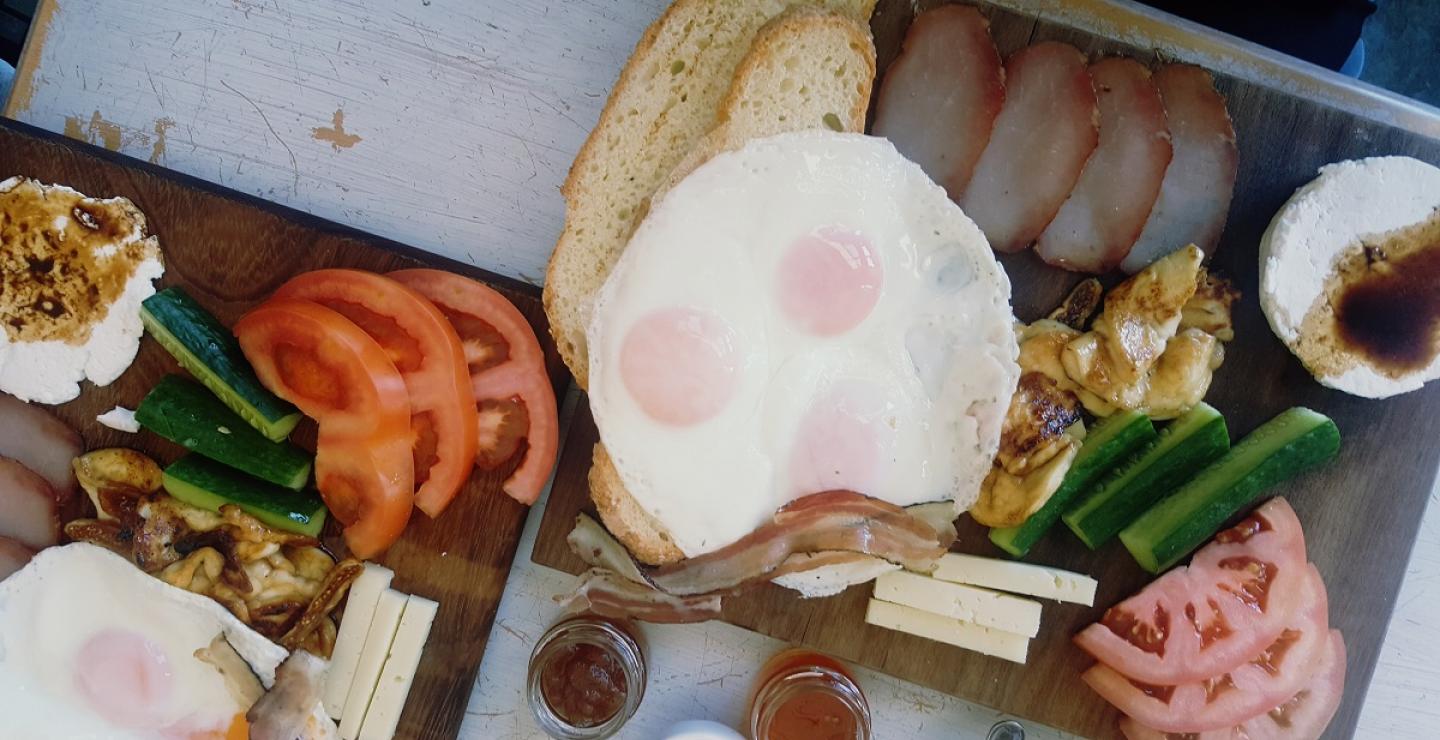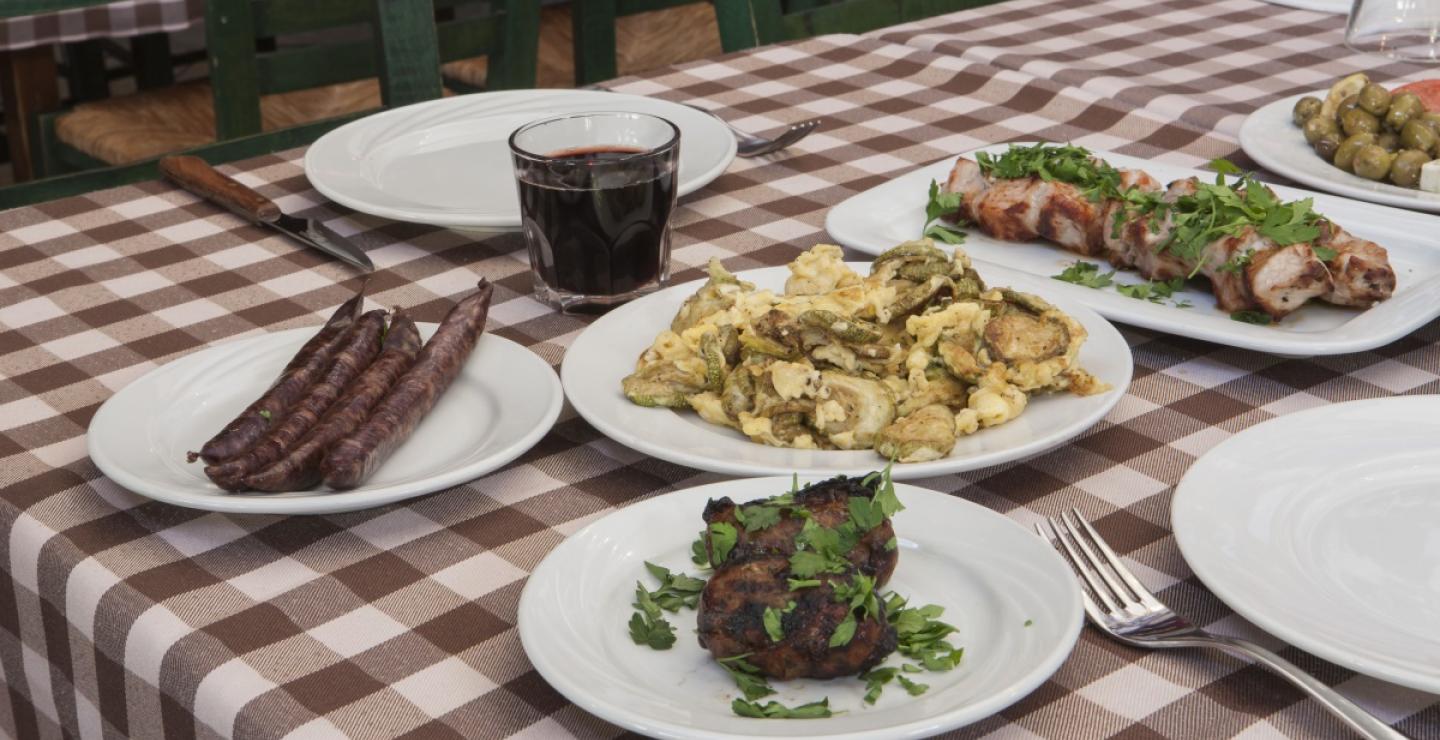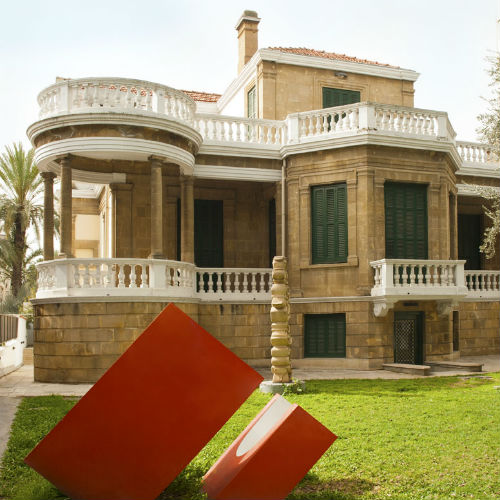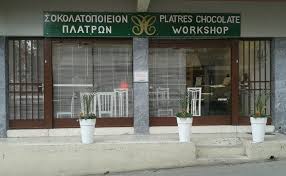Spoon Sweets: The Perfect Gift to Remind You of Cyprus
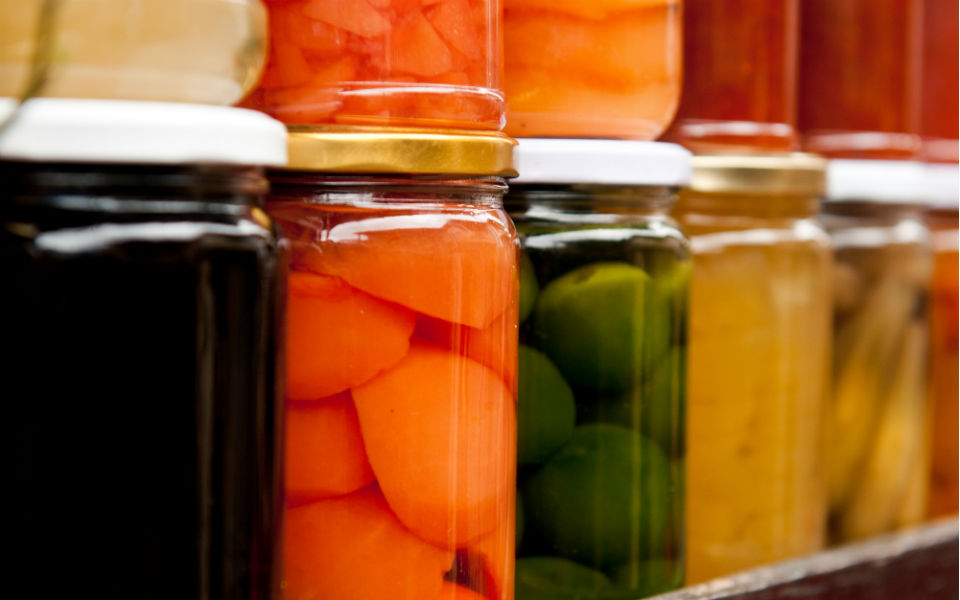
Spoon sweets – or in Greek, glyka tou koutaliou – are an inherent part of Cypriot culture, where they are the very meaning of hospitality. They are traditionally made when fruits, vegetables, and certain flowers are in season and are a part of what in Cyprus is known as trattarisma, which is a tradition where hosts will offer their guests a sweet and a glass of cold water (if not also a coffee).
The syrupy and sweet delights are made from a host of goodies including fresh walnuts, bergamot, bitter oranges, watermelons and more.
Sometimes in Cyprus you can even find a spoon sweet variety made from baby eggplants, lemons and squash, while the island is also famous for its spoon sweets made from rose petals.
My Cyprus Travel has gathered some of the most delectable spoon sweets you will find on the island, which are not only delicious but make a perfect gift to take home with you, ensuring you always have a taste of the island on hand.
Walnut
Making spoon sweets from fresh walnuts is a task that takes many days, but it is one of the most beloved in Cyprus, and the result is a tasty treat that is sure to be a favourite.
Using fresh walnuts which are still green and tender, you first peel the outer skin of the fruit. Traditionally, during this process, the people who make the sweet wear gloves because the walnut can dye the hands black.
After the walnuts are peeled, the inner skin is pricked with a needle at the top and bottom to allow for better syrup absorption.
The walnuts are then washed individually and placed in a basin of water, where they will remain for five to six days. The water is changed twice a day, as the fruit secretes a bitter flavour and the soaking process removes this taste.
To keep the walnuts firm, pickling lime (asvesti) is added to the basin for five to six hours on the last day of soaking.
Following the soaking process, the walnuts are placed in a large saucepan with water to cover them. They are boiled in this state for 2-3 minutes, and then shocked with cold water. The process is repeated another two times; to ensure that they are soft enough, another prick test is conducted with a skewer.
After being boiled, the walnuts are removed and placed in a bowl with cold water and lemon juice. This process ensures that the fruit remains crunchy and shiny.
The walnuts are then placed in a clean saucepan, covered with sugar and water, and boiled for 3-4 minutes. The process is repeated eight times, twice a day, as the syrup thickens.
During the eighth and final boil, cinnamon and cloves are added to the syrup. The walnuts are then placed in sterilised jars.
Quince
Quinces are akin to apples and pears, but are not often eaten raw due to their sour taste and hard texture. However, they are the star of one of Cyprus’ favourite spoon sweets.
The fruit is large and yellow when ripe, and after it has gone through the cooking process to make the sweet, it shows a light red.
To make the sweet, the fruit is picked and then halved or quartered. The skin is peeled and the seeds are removed.
The fruit is then placed in a saucepan with water and lemon, and then brought to a boil to soften.
After the fruit has softened, it is placed in a bowl of cold water with lemon and is left to sit for half an hour.
The quinces are then strained and added to a large saucepan with a cup of water and lemon and sugar. They can be left overnight; the next day, they are boiled with a sprig of scented geranium and another spoonful of lemon. When the syrup has thickened, it is ready. The colour should be a light red.
The fruits are then placed in jars.
Rose Petals
Rose petal spoon sweets are very popular in Cyprus; the product is traditionally made in the village of Agros in Troodos and has been listed as a product of designated origin by the EU.
The sweet is made from Damask roses, which are also used to make rose oils and essences for perfumes.
The rose petals are removed from the flower and are washed. Afterwards, the petals are placed in a pot with a little water and sugar.
During the first boil, which lasts 10 minutes, the saucepan is covered to preserve the fragrance of the petals.
Once the 10 minutes are up, more water, lemon juice and sugar are added to the mixture, which is left to simmer for another 10-15 minutes.
The sweet is then left to cool, and is then placed in sterilised jars. The colour of rose spoon sweets is usually a deep purple or light brown.
Rose spoon sweets are not just a dessert; according to Cyprus Ministry of Agriculture, they have been used as a natural cure for digestive tract issues.
Bergamot and Other Citrus Fruits
Although the fruit is edible, bergamot and bitter oranges are generally not eaten because of how sour and bitter their juices are.
They make for an interesting spoon sweet though, with the skin that is used to make the dessert lending a tangy and refreshing bite that is perfect for hot summer days.
Bergamot extracts are used throughout the world as a fragrant essential oil, or even as a flavour additive in well-known teas, including Earl Grey and Lady Grey.
To make the sweet, the fruits are washed and then lightly zested on the fine side of a grater to remove the bitter outer skin. Next, the fruits are quartered and the inside is completely removed, leaving only the skin. The pieces of the peel that are left are then rolled into little tubes and skewered to maintain this shape.
The peels are boiled and then rinsed and left to sit in cold water. In the same day, the water is changed three times.
On the second and third days, the water is changed again twice, the first time with hot water and the second with cold water. On the fourth day, the water is changed again, and the peels are then boiled until they are fully cooked.
They are then rinsed and returned to a saucepan with water and sugar for 3-4 hours. The peels are then boiled for 10 minutes and left to sit overnight. The next day, the mixture is boiled until the syrup starts to thicken. Towards the end of the cooking process, lemon juice is added.
This spoon sweet is ready after the final boil! And, it can be stored in sterilised jars.
These are only a few of the many spoon sweets you will come across in Cyprus, and they are sure to be hits back home!

